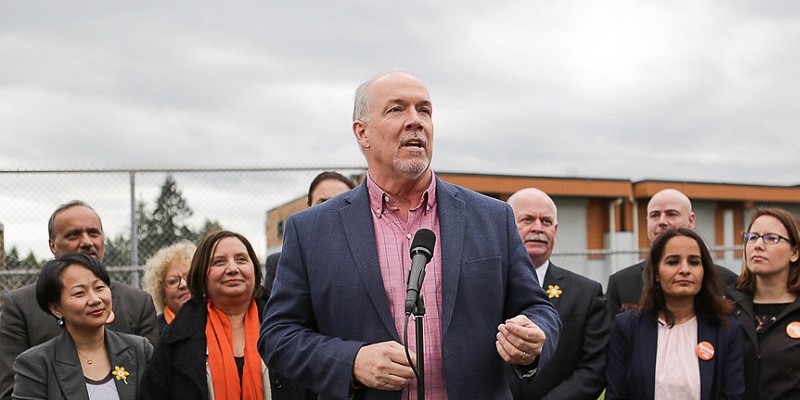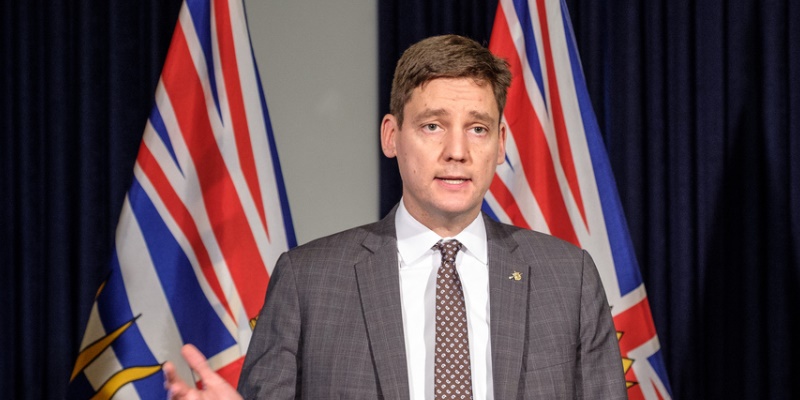The province expects net debt to increase by $31.2 billion over the next three fiscal years.
british columbia government
CIBC predicts the province's unemployment rate will rise to 9.7 per cent.
Government workers in B.C. are absent from their jobs for personal reasons 49 per cent more often than private-sector workers.
With this approach, British Columbians won’t know how the PR voting systems would work in practice.
The referendum could be decided with votes from the Lower Mainland alone.
The B.C. government has used carbon tax revenues as a slush fund to give money to favoured groups such as the B.C. film industry.
Finance minister Mike de Jong recently issued a flurry of press releases touting the high credit rating of the BC government by various rating agencies. In one release he said: “The judgment of the rating agencies is an objective confirmation that by balancing our budget and keeping our debt affordable for British Columbians, our finances are on the right track.” Statements like these can mislead British Columbians about the actual state of BC’s finances, which may not be as rosy as the minister lets on.






